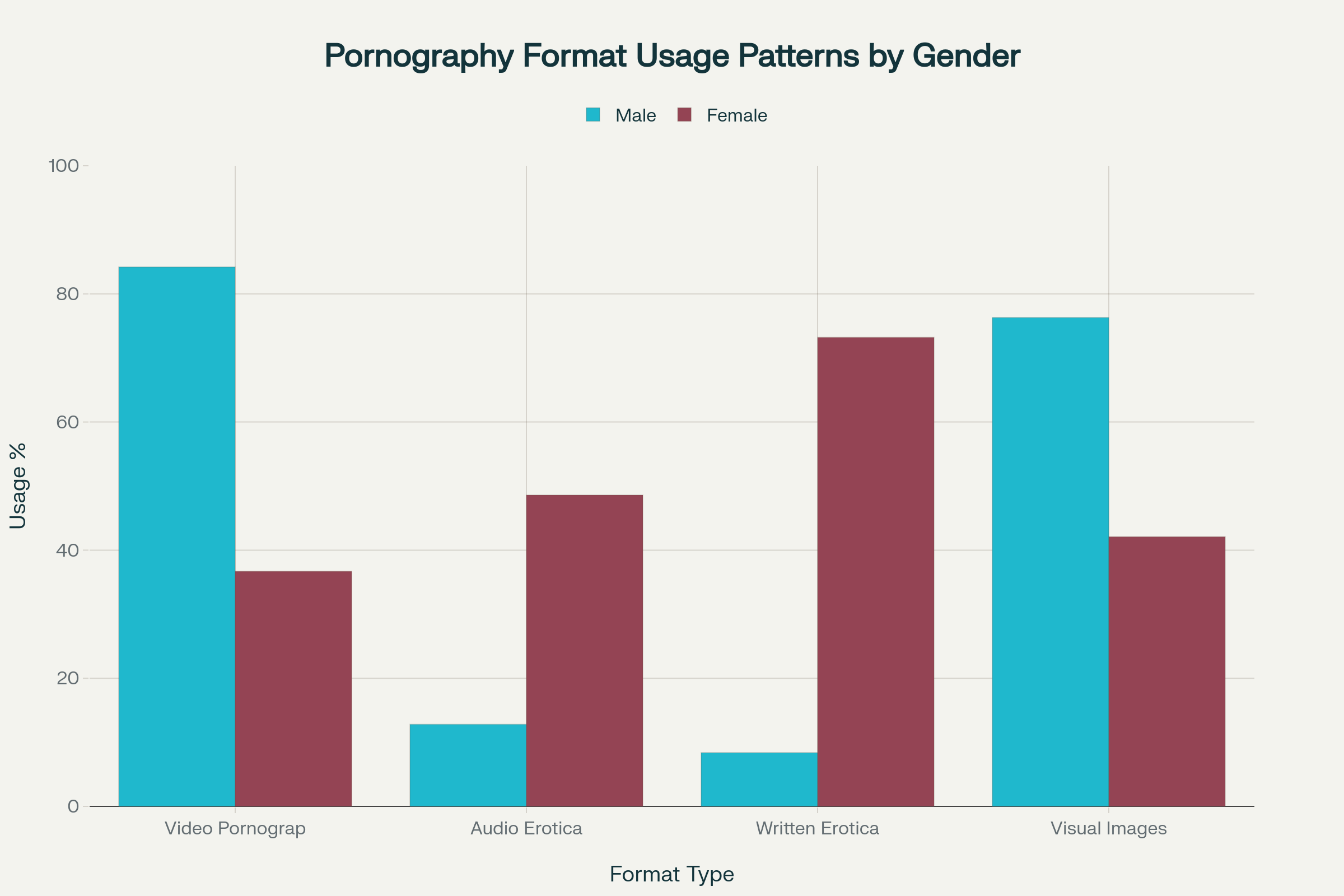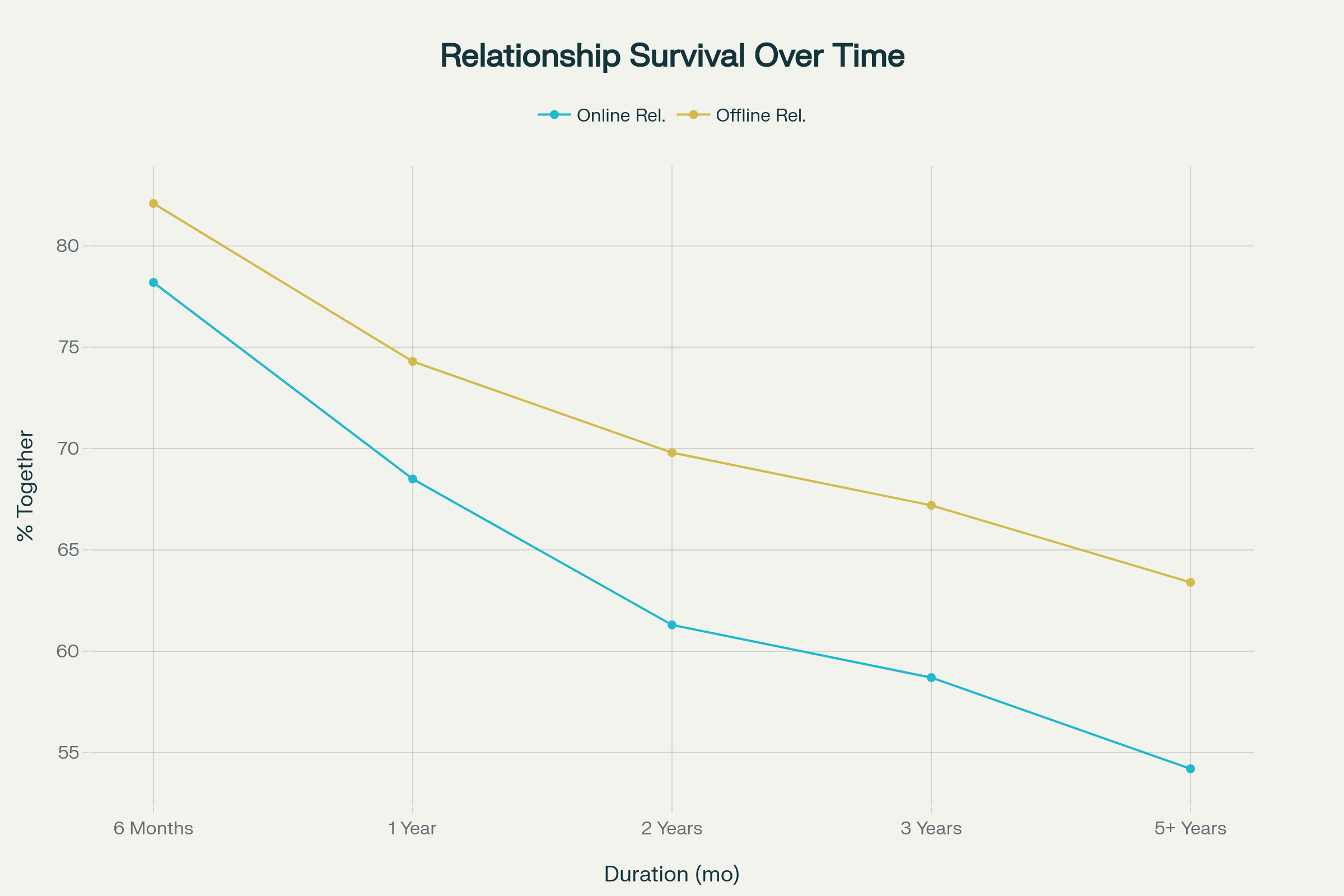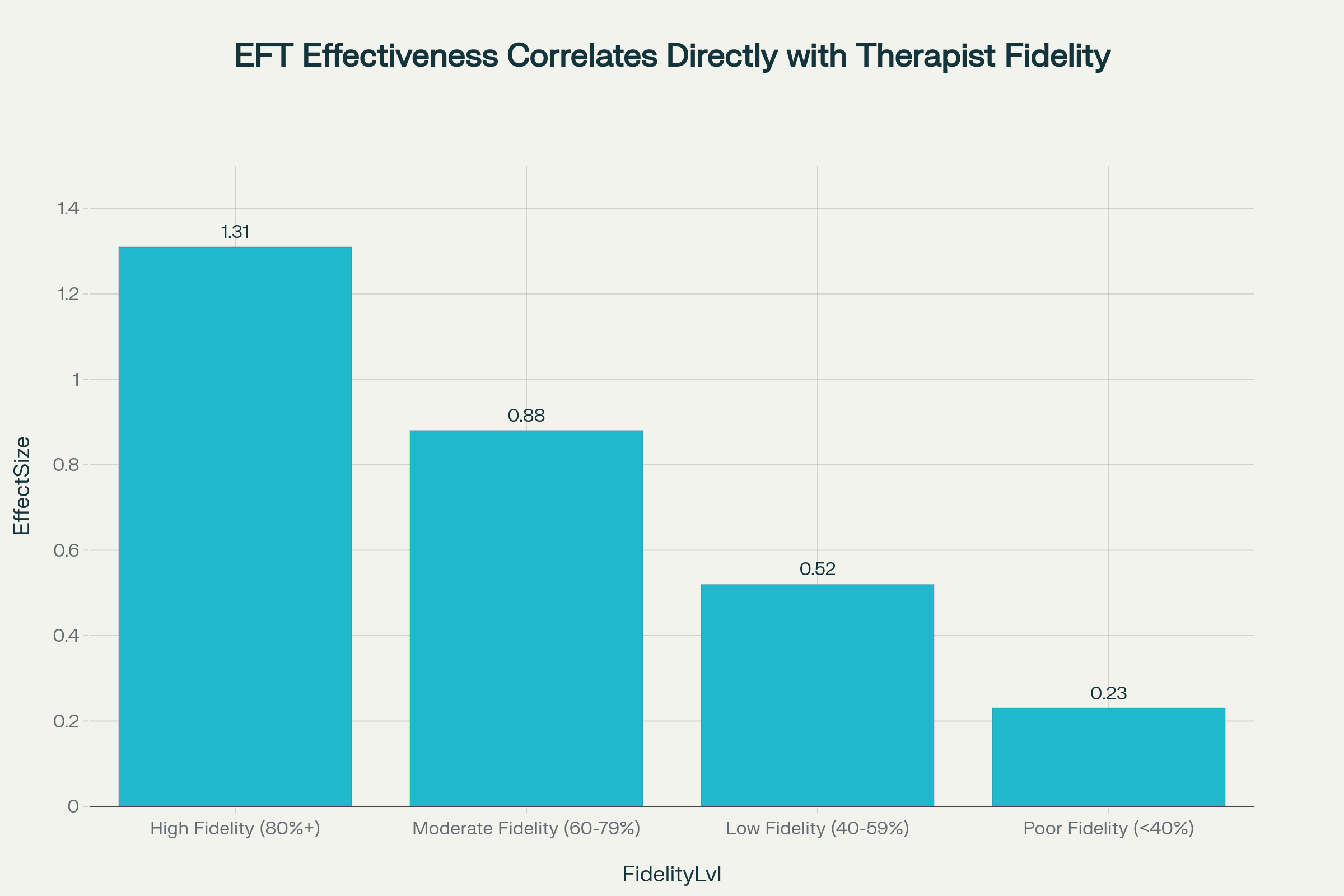1. Speaker-Listener with a "floor" object
Time: 10-15 min
Goal: understanding before problem-solving
How: One speaks in short I-statements about one event. The other paraphrases content and feeling, then asks, "Did I get that right" Clarify. Swap roles.
Metric: percentage of times the Speaker says, "Yes, that's it."
2. Daily stress-reducing chat (not about the relationship)
Time: 15-20 min
Goal: support, not fixing
How: One shares an outside stressor. The other asks 2-3 open questions, names the feeling, and validates. Only give advice if asked. Swap.
Metric: count unsolicited solutions. Aim: zero.
3. Guess and verify empathy drill
Time: 8 min
Goal: sharpen empathy with feedback
How: A talks for 2 min about a mild stressor. B quietly writes three guesses: A's main thought, feeling, and concern. Read them. A confirms or corrects. Swap.
Metric: percentage of correct elements each round.
4. XYZ plus reflect
Time: 6-8 min
Goal: clear meaning and emotion
How: Speaker uses "When X happened, I felt Y, because Z." Listener reflects facts and feeling, then asks one open question (not "why"). Repeat to "Yes, that's it."
Metric: average reflections before "Yes".
5. Gratitude volley 2 by 2
Time: 3-4 min
Goal: notice partner positives
How: Each shares two specific appreciations from the last 48 hours. Listener mirrors key words and impact before swapping.
Metric: ratio of specifics to generalities. Aim: all specific.
6. Soft start-up response drill
Time: 10 min
Goal: cut escalation early
How: One reads a real harsh opener from your life. Listener replies with three parts: reflect the emotion, summarise the core request, invite a gentle restart. Practise 3-4 items each.
Metric: felt de-escalation on a 0-10 scale.
7. Physiological time-out and return script
Time: 20-30 min break, then a 5 min restart
Goal: reset so you can listen again
How: Either can call "time-out" when flooded. Separate and self-soothe (walk, breathing, shower, music). Reconvene with a short script: appreciation, topic, gentle opener. Continue with Exercise 1.
Metric: percentage of time-outs that reconvene the same day.
8. Weekly State-of-Us
Time: 50 min
Goal: routine check-in, not firefighting
Agenda: appreciations x2 each, week's wins and loads, one issue with Speaker-Listener, two small requests for next week.
Metric: completion rate and number of issues resolved without spill-over.
9. Capitalising on good news (active-constructive responding)
Time: 6-8 min
Goal: respond to positives in a way that builds connection
How: A shares a recent win. Listener asks for specifics, reflects effort and meaning, and amplifies the good. Swap. Briefly try a flat or dismissive reply to feel the contrast.
Metric: partner-rated felt enthusiasm 0-10.
10. Bids for connection, turn-toward practice
Time: 10 min daily
Goal: catch small moments you usually miss
How: Each names three bids they made today. Partner recalls whether they turned toward, away, or against. Practise a better turn-toward line for any misses.
Metric: daily percentage of bids turned toward. Target 80% or higher.
â€





